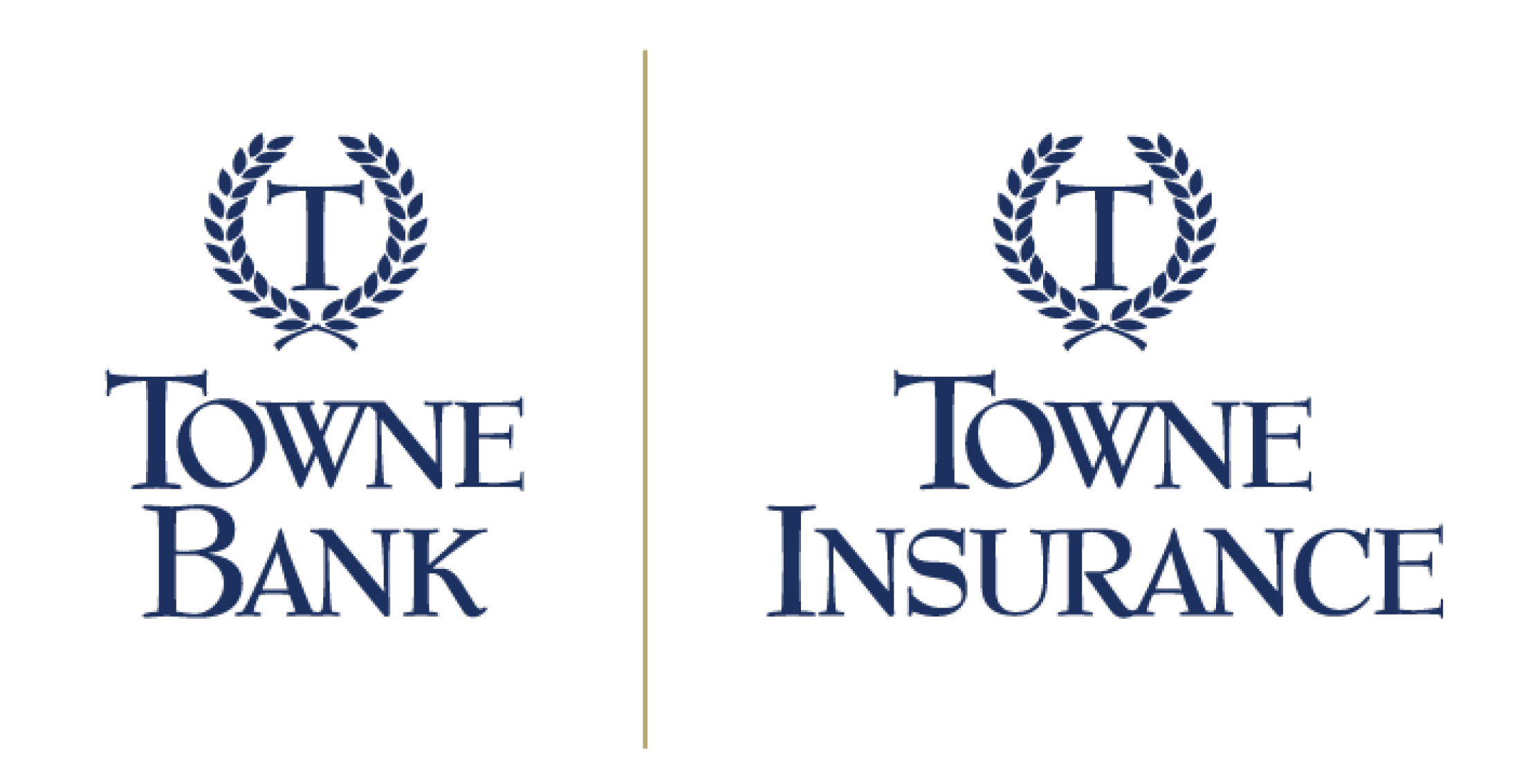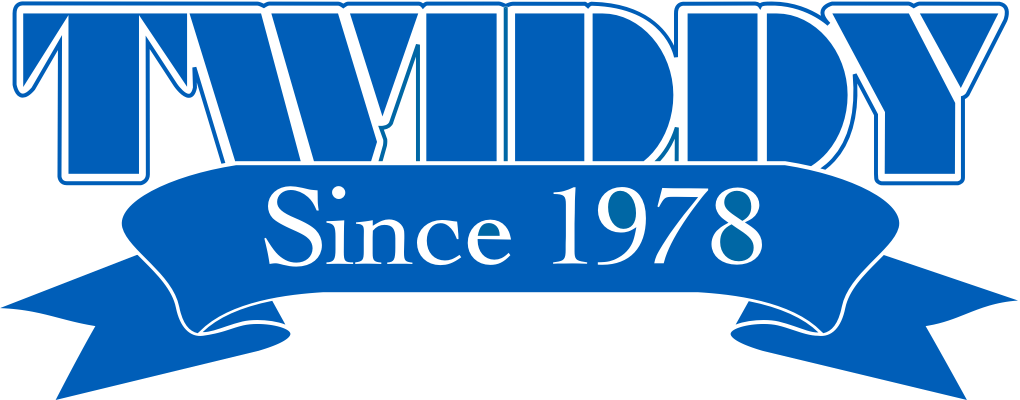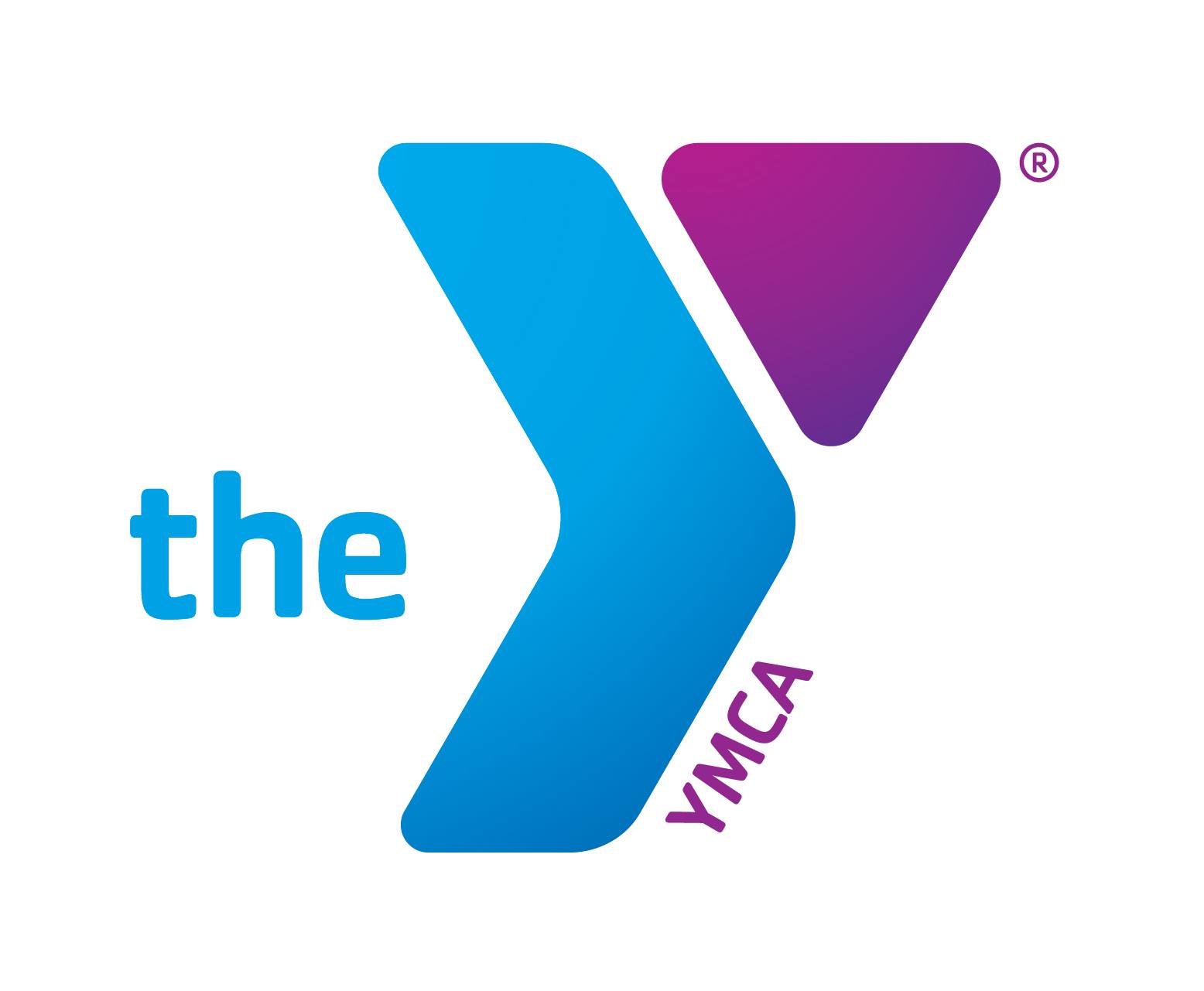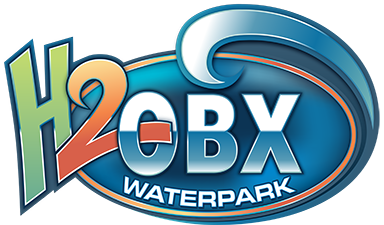- Registration starts today 8/1/22 for the course, which can be completed by prospective students at https://www.hrblock.com/class/ (or) https://www.hrblock.com/BeAPro).
- Those interested in speaking with someone about the course can call 855-847-1040 for more information.
- Course is comprised of 61 hours of training.
- Cost of the course is $149.
- Class Delivery formats will be Virtual Classes, In-Person Instructor-led (in key locations) and Self-Study
- Virtual Classes will start as early as Monday, Aug. 29 however, there will be multiple time and start date options in September and October as well
- Location for In-Person Instructor-Led Classes will be Elizabeth City, NC.
- Classes are dependent upon having enough individuals to register
- In-Person Instructor-Led Classes will begin on September 8, 2022 and will finish in Early/Mid November
- Franchise Instructor-Led Class times is as follows:
Elizabeth City: 1:00pm – 4:00pm
- Students who sign up for our In-Person Instructor-Led course, will be provided with paper copies of the participant textbook and the workbook at no additional charge. Students signing up for the virtual or self-study classes will not receive a printed workbook or textbook. Instead, they will have access to an electronic textbook and PDF fillable form options available for the workbook. However, students taking a virtual or self-study can obtain printed copies of the material at their own additional expense using Print on Demand (POD) through FedEx/Kinkos.
If you have any questions about the Income Tax Course, please call 800-847-1040.
From IRS.com
Worker Classification 101: employee or independent contractor
A business might pay an independent contractor and an employee for the same or similar work, but there are key legal differences between the two. It is critical for business owners to correctly determine whether the people providing services are employees or independent contractors.
Here’s some information to help business owners avoid problems that can result from misclassifying workers.
An employee is generally considered anyone who performs services, if the business can control what will be done and how it will be done. What matters is that the business has the right to control the details of how the worker's services are performed. Independent contractors are normally people in an independent trade, business or profession in which they offer their services to the public.
Independent contractor vs. employee
Whether a worker is an independent contractor, or an employee depends on the relationship between the worker and the business. Generally, there are three categories to consider.
- Behavioral control − Does the company control or have the right to control what the worker does and how the worker does the job?
- Financial control − Does the business direct or control the financial and business aspects of the worker's job. Are the business aspects of the worker's job controlled by the payer? Things like how the worker is paid, are expenses reimbursed, who provides tools/supplies, etc.
- Relationship of the parties − Are there written contracts or employee type benefits such as pension plan, insurance, vacation pay? Will the relationship continue and is the work performed a key aspect of the business?
Misclassified worker
Misclassifying workers as independent contractors adversely affects employees because the employer's share of taxes is not paid, and the employee's share is not withheld. If a business misclassified an employee, the business can be held liable for employment taxes for that worker. Generally, an employer must withhold and pay income taxes, Social Security and Medicare taxes, as well as unemployment taxes. Workers who believe they have been improperly classified as independent contractors generally must receive a determination of worker status from the IRS. Then they can use Form 8919, Uncollected Social Security and Medicare Tax on Wages to figure and report their share of uncollected social security and Medicare taxes due on their compensation.
Voluntary Classification Settlement Program
The Voluntary Classification Settlement Program is an optional program that provides businesses with an opportunity to reclassify their workers as employees for future employment tax purposes. This program offers partial relief from federal employment taxes for eligible businesses who agree to prospectively treat their workers as employees. Businesses must meet certain eligibility requirements and apply by filing Form 8952, Application for Voluntary Classification Settlement Program, and enter into a closing agreement with the IRS
Who is self-employed?
Generally, someone is self-employed if any of the following apply to them.
- They carry on a trade or business as a sole proprietoror an independent contractor.
- They are a member of a partnership that carries on a trade or business.
- They are otherwise in business for themselves, including a part-time business.
Self-employed individuals, including those who earn money from gig economy work, are generally required to file an tax return and make estimated quarterly tax payments. They also generally must pay self-employment tax which is social security and Medicare tax as well as income tax. These taxpayers may qualify for the home office deduction if they use part of a home for business.


























